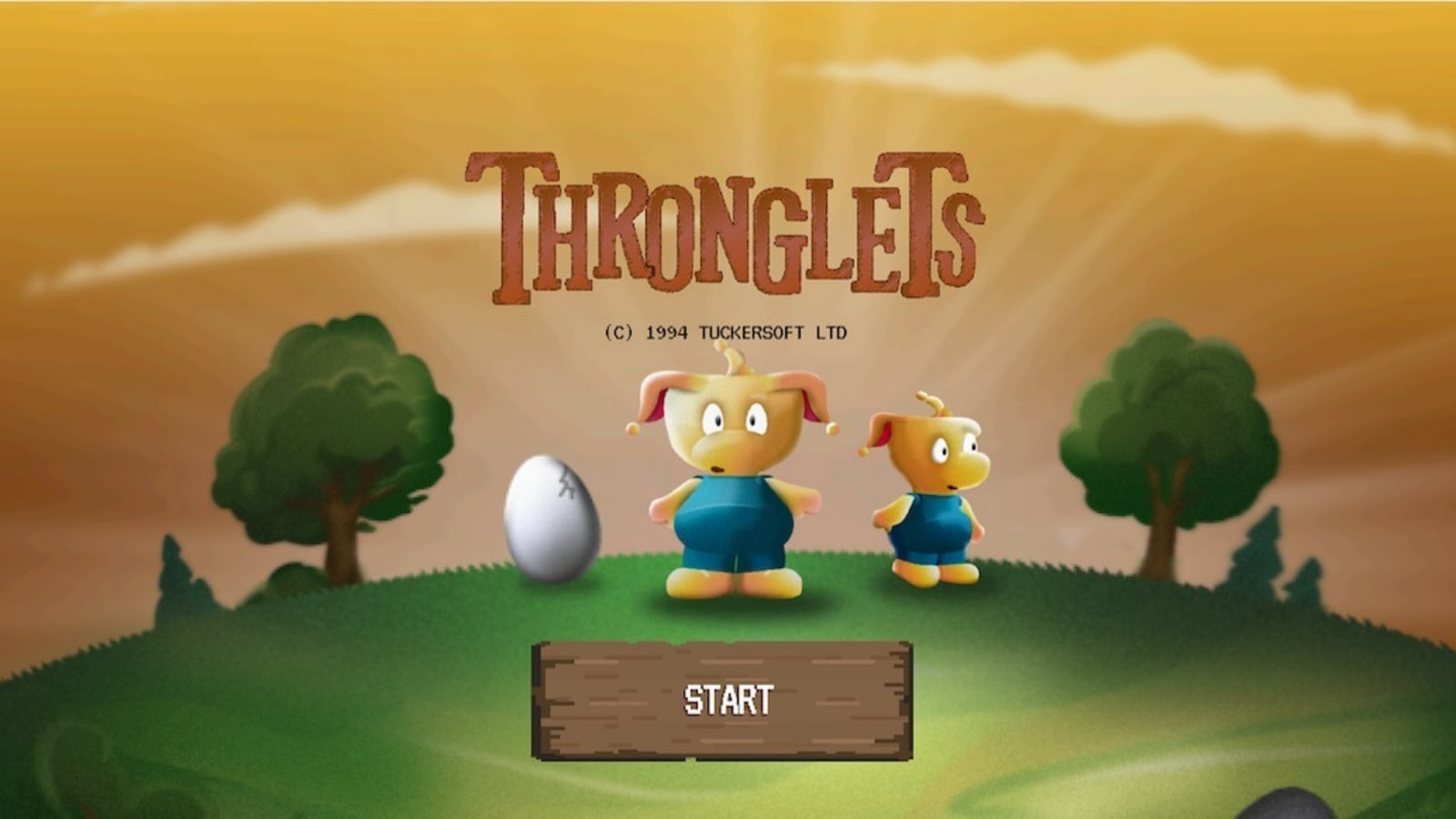Name: Lydia Ourahmane
Age: 30
Hometown: Saïda, Algeria
Currently Lives: In a two-bedroom apartment in Barcelona, above Sala Parés, a venerable art gallery
Claim to Fame: Ms. Ourahmane is an Algerian-British artist known for sprawling installations that defy geopolitical boundaries. A recent work, “Barzakh,” (it means “separation” or “a barrier between two things” in Arabic) recreated her former apartment in Algeria. It involved moving 5,000 personal belongings, including chandeliers and clothing, to the Kunsthalle Basel gallery in Switzerland, as well as the Triangle — Astérides in Marseille, France. Frieze magazine named the show one of the best of 2021. “The politics around how objects move around the world interest me,” Ms. Ourahmane said.
Big Break: Born in 1992 to an Algerian father and Malaysian mother, Ms. Ourahmane grew up in Algeria during a time of social and political upheaval, before moving to London in 2001. Art consumed her at a young age. “I started skipping my business and English lit classes to hide in the art department one block away,” she said. She studied art at Goldsmiths, University of London, where she created a sound installation, “The Third Choir,” made from 20 empty oil barrels from Algeria. It was considered the first artwork to be legally exported from Algeria in the 52 years since the country gained independence from French colonial rule.
Latest Project: Ms. Ourahmane’s traveling installation, “Barzakh,” arrives at the S.M.A.K contemporary art museum in Ghent, Belgium on May 21. So what’s it like having gallery visitors snoop through your personal belongings? “There’s nothing in my life that I’m ashamed of really, because my life is pure,” she said.
Next Thing: Ms. Ourahmane will install a yet-to-be-titled sculpture at the KW Institute for Contemporary Art in Berlin this October. “It is too premature to talk about at this point aside from the fact that we have been having discussions around the impossibility of permanence,” she said.
Occupational Safety: For a recent exhibition at the Renaissance Society in Chicago, Ms. Ourahmane collaborated with the French artist Alex Ayed on a multimedia installation that included, among other things, an ultrasonic audio scrambler and raw lithium exported from Lithuania that came suspended in oil and sealed securely in its original packaging. Before handling the hazardous metal, Ms. Ourahmane sought advice from chemists from the University of Chicago. “We became interested in the potential and impossibility of the material itself,” she said.






















